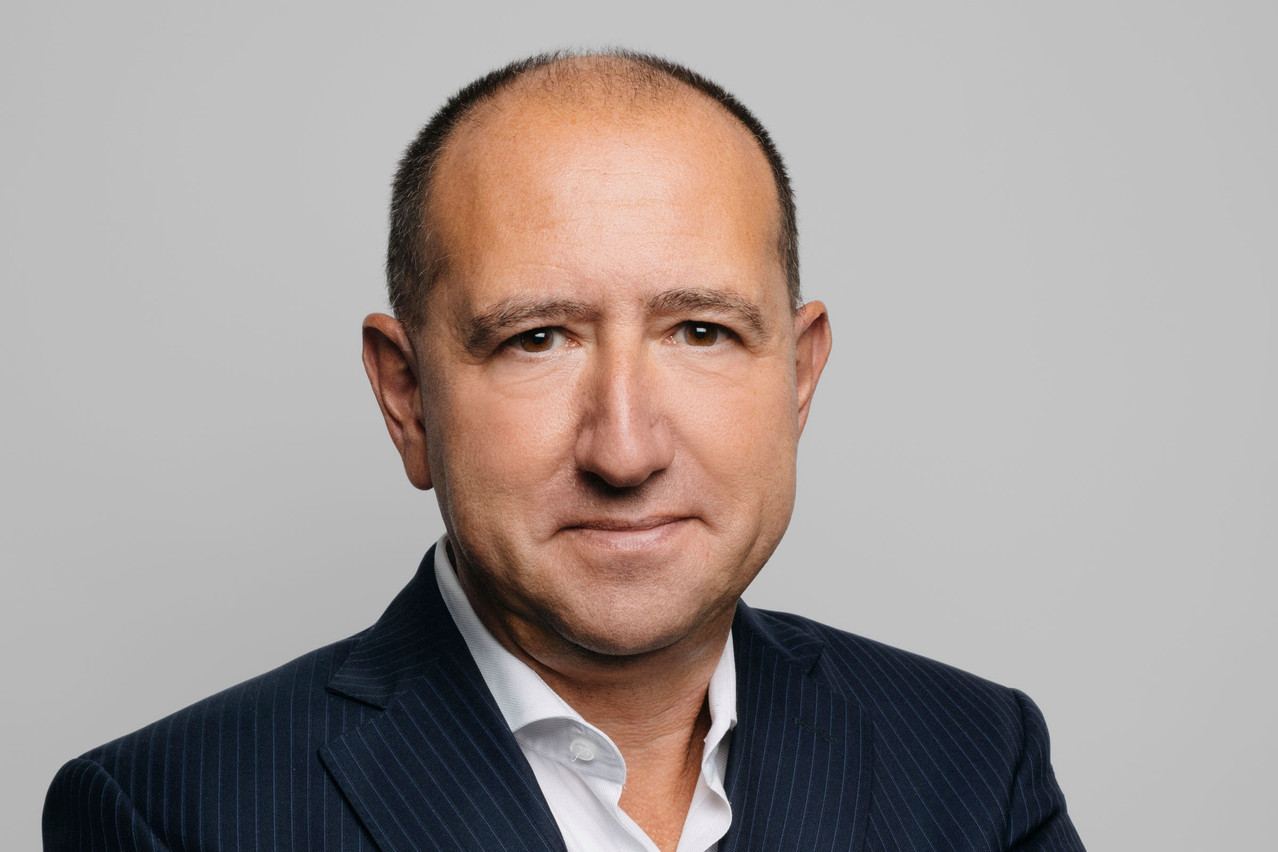Rzonzef, Lban’s newly appointed president, is an aerospace engineer by education. He had a career in a multinational company, moving from research and development, to sales and marketing, and then to general management.
Throughout his professional career, “I had a passion that developed over time,” Rzonzef told Delano. “It’s about people. And it’s about helping people identify changes in an ecosystem, and then adapting the strategies, the business models to remain successful.”
He mentioned having bought some startups while working in the corporate world. But “when I quit working, I thought, this is really where I can have an impact, because I can give back what I learned over time.”
“I’ve been in Luxembourg for a long time, and I thought that this is the best place where I could contribute. That’s how I came into Lban,” explained Rzonzef. He joined the organisation four years ago, where he has been very much involved in the investment committee.
What does the Luxembourg Business Angel Network do?
Lban is “a group of more than 120 investors who are keen on helping startups, or what you could call early-stage ventures, to find capital, to find support. We don’t just put money, we also help entrepreneurs develop their business,” noted Rzonzef.
Having an association with so many members who are keen on helping an ecosystem to transform--that’s just exciting.
The goal is to help the association develop and connect it to the startup ecosystem--investors can find investment opportunities, while entrepreneurs and startup founders can find investments. They can also find people to talk to and get advice.
“We’re here to help the ecosystem develop,” highlighted Rzonzef. Money that is invested does not go into a fund--it is invested directly into companies. “This money, we try to put it wisely in the projects whereby we see an innovative solution, where we see a good team, and growth, scalability options.”
“Transform what will become the economy of tomorrow”
So what is Rzonzef most excited about in his new role as president?
“Having an association with so many members who are keen on helping an ecosystem to transform--that’s just exciting,” replied Rzonzef. Luxembourg’s small size means that all the players know one another and are eager to work together, he added. “There’s a real willingness for people to move forward.”
The association is growing with every year and is ready to “transform what will become the economy of tomorrow--that’s just exciting,” said Rzonzef.
Community of members
Lban’s strategy has three elements, Rzonzef explained. “The first pillar of the strategy is about the community of members,” he said. “It’s to offer our members an access to investment opportunities that otherwise people would not find. It’s to create a network for them, so they can have access to key players in the ecosystem--be it startups, or be it associations which may support the startups.”
We are here to invest and help the entrepreneurs.
The organisation has also developed an academy that provides training for investors. “You can be a qualified investor, or a junior investor, it’s always useful to go through that.”
“We are here to invest and help the entrepreneurs”
The second strategic pillar focuses on investment. “We are here to invest and help the entrepreneurs,” said Rzonzef, helping get inflows to members and curating inflows. “We don’t take decisions for our members, but we help them by analysing the startups and proposing to them the startups which are most, we believe, promising.”
They also have co-investment vehicles, or special purpose vehicles, which are tools that allow investors to pool their money together.
“Being present at the incubators or accelerators”
The third element focuses on Luxembourg’s startup ecosystem. Being part of the community was already part of Lban’s strategy, “but we’re strengthening that,” said Rzonzef. “It’s about being present at the incubators or accelerators. We are very much, but we want to be even more in the future, in order to help those incubators and accelerators understand how they can prepare their startups to be investable.”
The association holds events, for instance, to help founders understand how they’re perceived and how to improve their value propositions to investors.
It’s having an incentive on the taxation system that motivates more people to invest in this high-risk class of assets.
Lban has also created partnerships with other business angel networks in Europe, VCs, family offices and private equity in order to help startups get to the next stage of investment, explained Rzonzef. But it also aims to foster connections with associations in Luxembourg that can potentially bring investments or support to the startup ecosystem, such as the Luxembourg Private Equity & Venture Capital Association (LPEA), Luxembourg Association of Family Offices (Lafo), Luxembourg Directors Institute (ILA) or the Fédération des Jeunes Dirigeants d’Entreprise (FJD).
Tax incentives to motivate investment in startups
When asked about potential changes that could help further support startups in Luxembourg, Rzonzef referred to a study carried out by the ministry of economy. “It’s about the community, it’s about the scaleup, it’s about the talents,” he said. It’s important to ensure that all the players in the ecosystem are active and present, and talent attraction--and retention--is a common theme in all sectors of employment in Luxembourg, not just in startups. Rzonzef cited the cost of living as a challenge with attracting people to the grand duchy.
Tax incentives to invest in startups could also be improved, Rzonzef said. “It’s not about avoiding tax,” he underlined. “It’s having an incentive on the taxation system that motivates more people to invest in this high-risk class of assets,” something that is present in countries like the UK, Germany, France or Israel.
Startups are risky, and there’s a chance that investors will lose money, noted Rzonzef. “So they need to be motivated,” he said. “That’s probably one way we can help the ecosystem develop--by developing tax incentives.”



